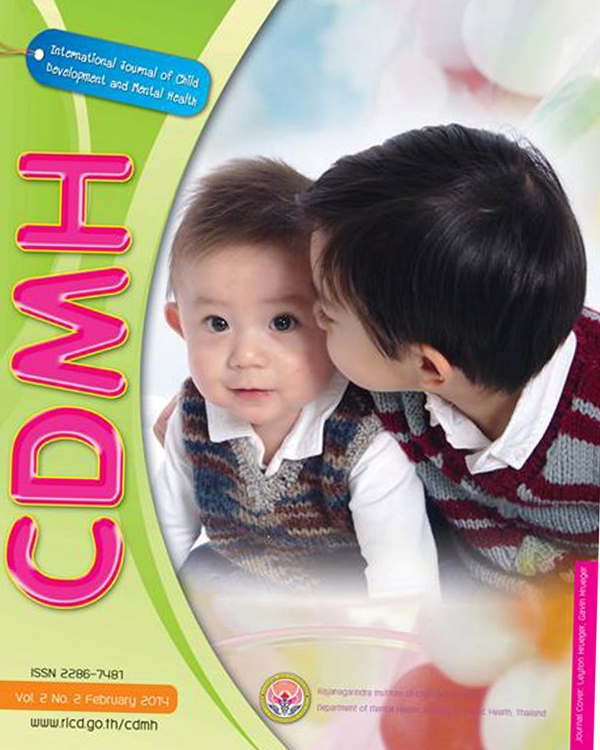A common link between clinical practice and research:the ADHD model for Central Taiwan
Main Article Content
Abstract
This study aimed to describe a research model regarding the Attention Deficit Hyperactive
Disorder (ADHD) in Central Taiwan based on the strategy of routine data collection from clinical practice. Therefore, a prospective study with naturalistic observation was used. Modeling study was developed in clinical evaluation and treating for the ADHD children at Department of Psychiatry, Chung Shan Medical University Hospital in Central Taiwan. For all new patients, their first visit information were collected, including sociodemography, ADHD
symptom scale, family support, academic performance, enuresis, severity of disability, mother depression, blood pressure(BP), heart rate(HR), weight, height, help-seeking behavior. After the clinical interview, patients were arranged to be assessed by the Neuropsychological test such as Continuous Performance Test (CPT). During the follow-up period, many variables (messages for the side effects, BP, HR, Weight, Height, CPT, ADHD symptom scale) were recorded. Finally, the ADHD clinical–based research model was contributed using all variables into many studies such as the ADHD comorbidity study, family study, sleep study, assessment tool development and treatment outcome study. The results had shown a several ADHD related papers have been published from this model. New treatment strategies emerged from the findings of studies. This is a feasible model for combining clinical practice with research to produce international publications. Clinical benefits of this model include creating culture-specific knowledge from the clinicians’ own clinical practice, focusing essential processes on cost-effective patient retreatment, and maintaining ongoing relationships with patients. In conclusions, our experience shows the clinical practice based longitudinal study is feasible and the results can nurture the quality of clinical practice vice versa.
Article Details
The authors retain copyright and permit the journal the copyright of first publication
Articles, once having passed the review process and accepted for publication in the CDMH Journal, are copyrighted under the CDMH Journal, Department of Mental Health, Ministry of Public Health. Please be aware distribution of CDMH Journal content for commercial purposes without permission is expressly prohibited. However, distribution with intent to educate, advocate, or spread awareness within the general public and research communities is permitted and encouraged with the understanding that the CDMH Journal Editorial Board do not hold jurisdiction or liability for any accompanying comments, text, or information from third parties, either in favor for or against the original article’s assertions, conclusions, methodology, or content.


